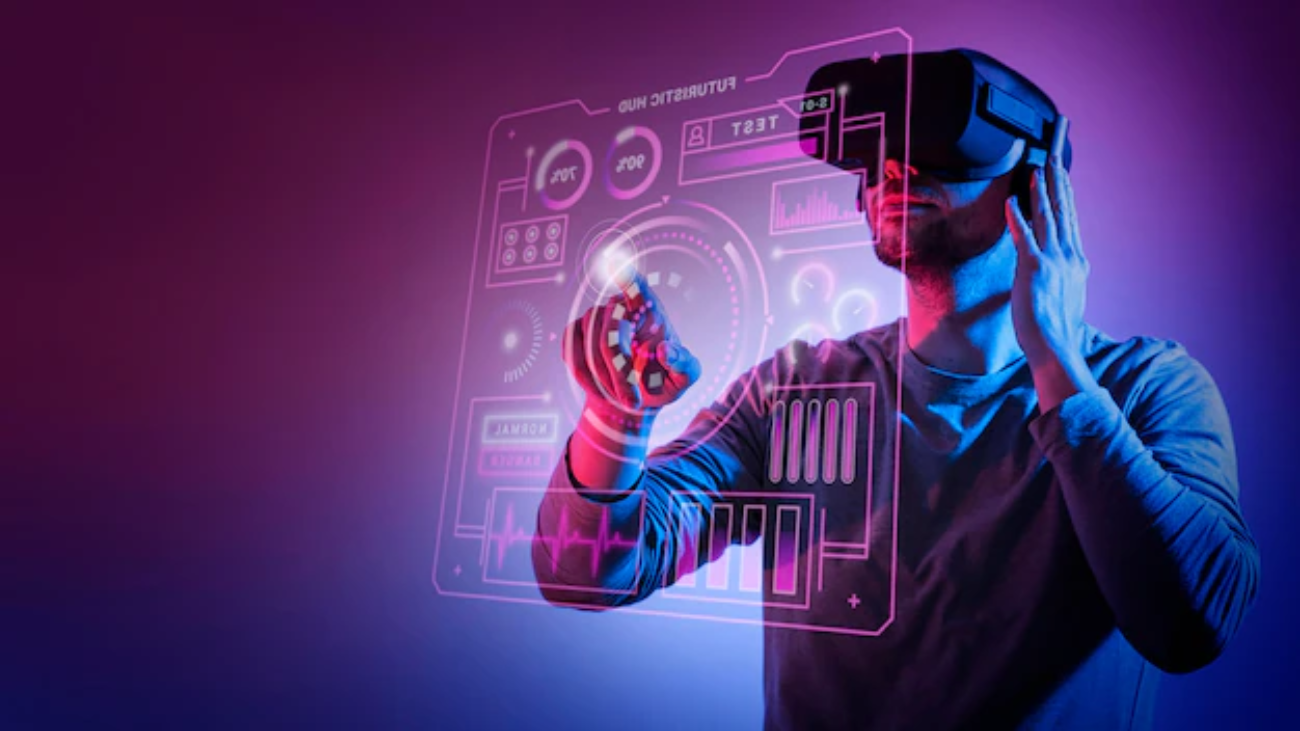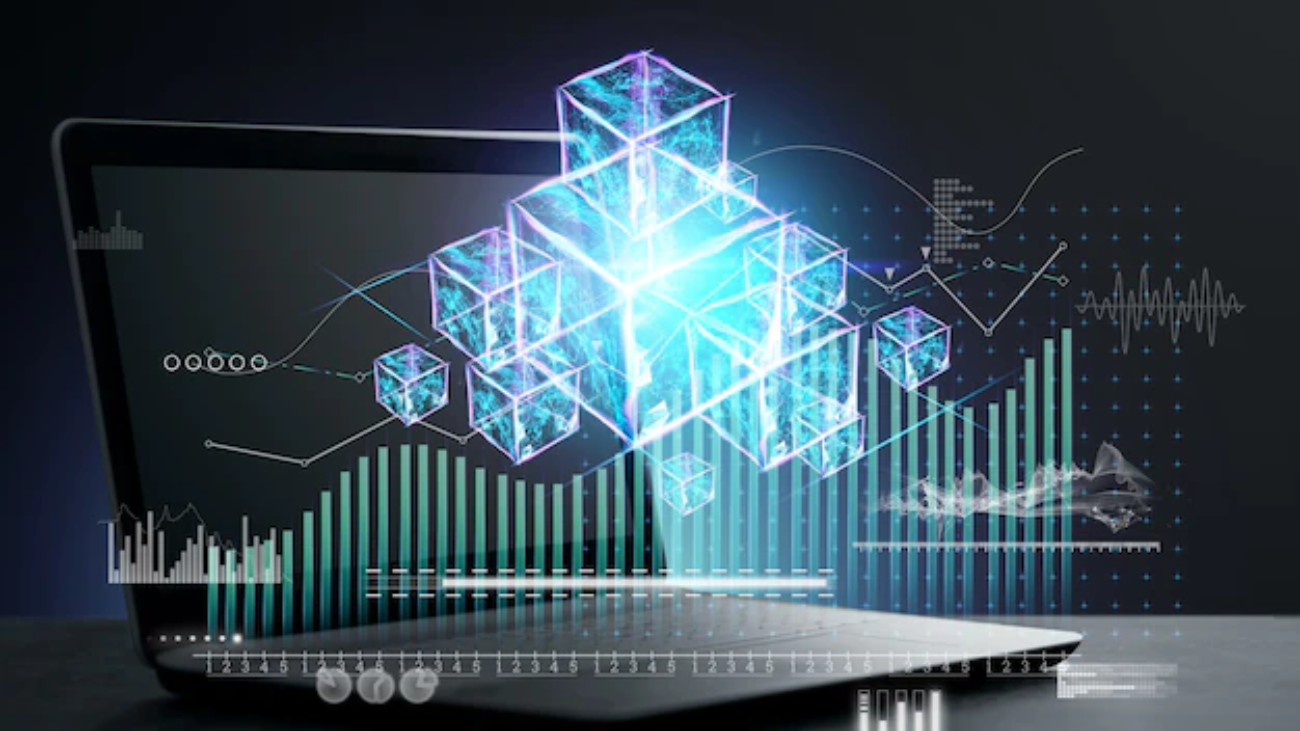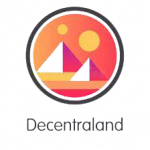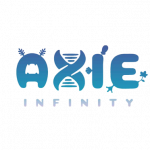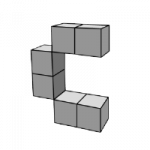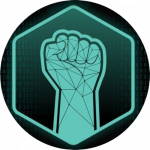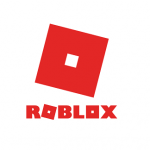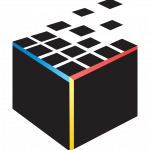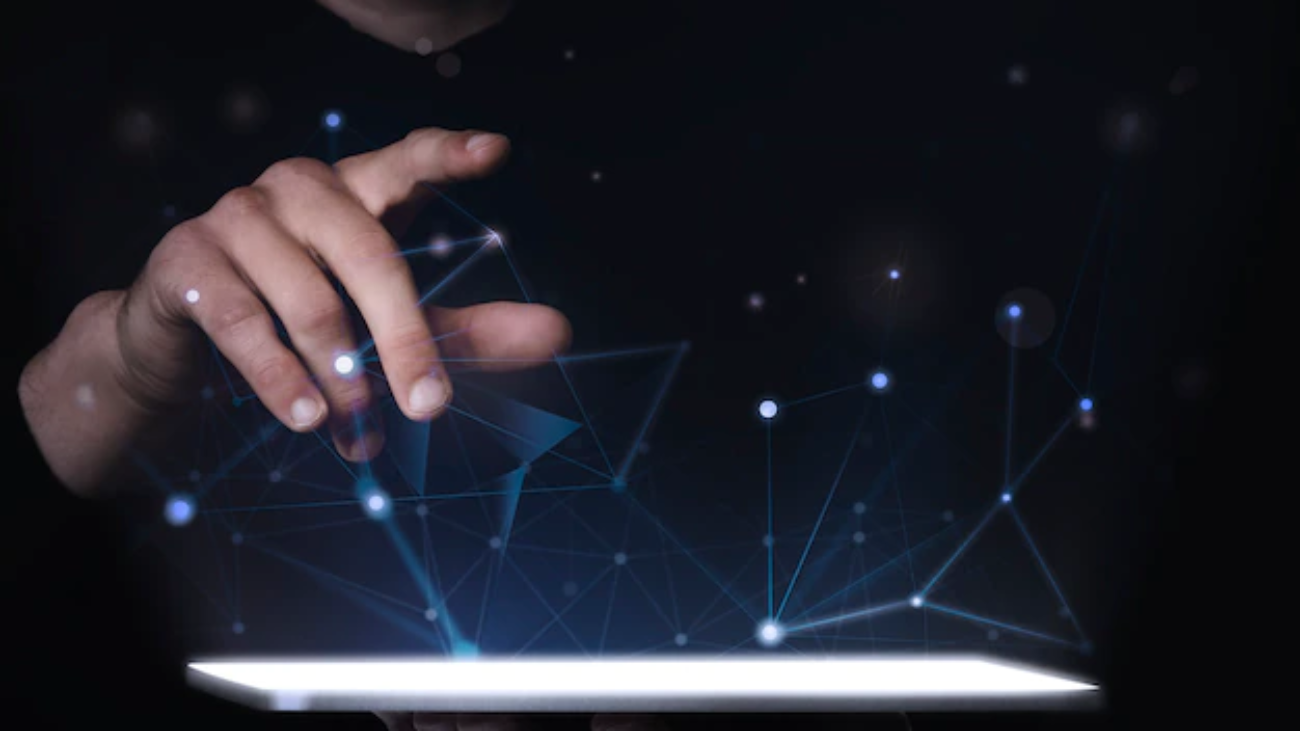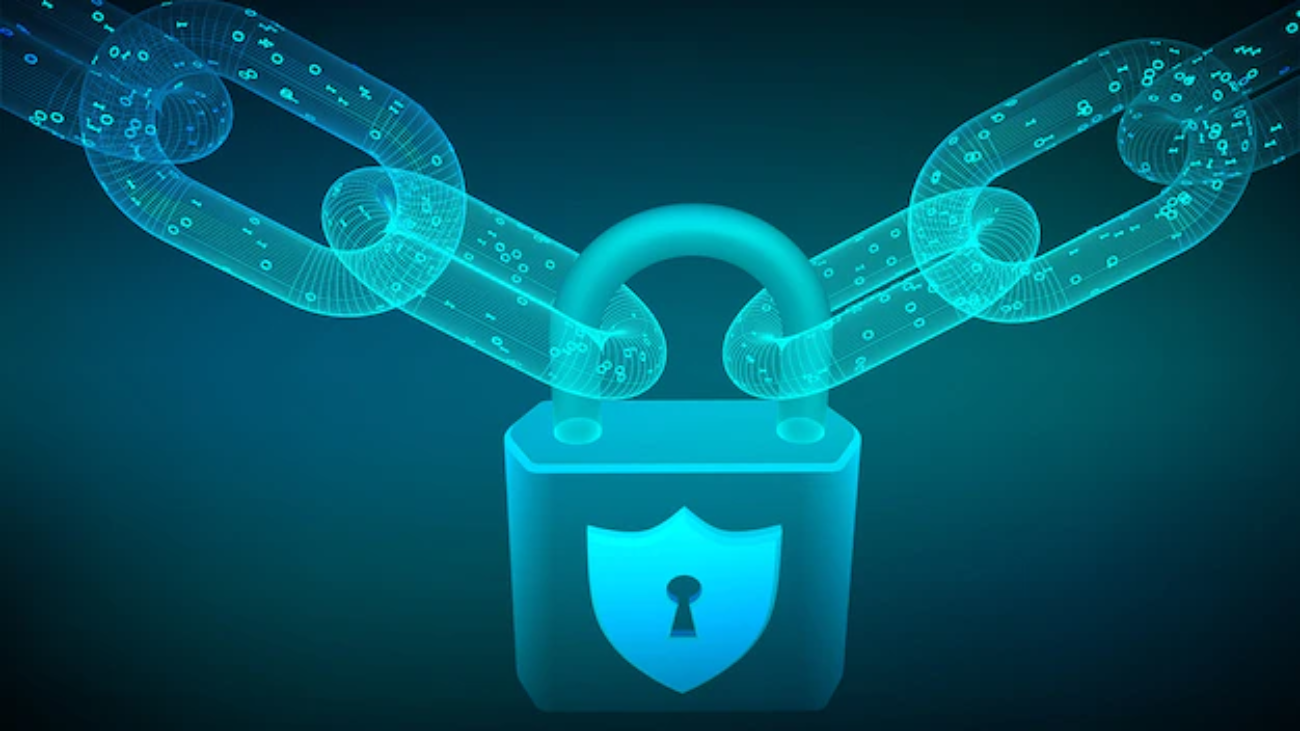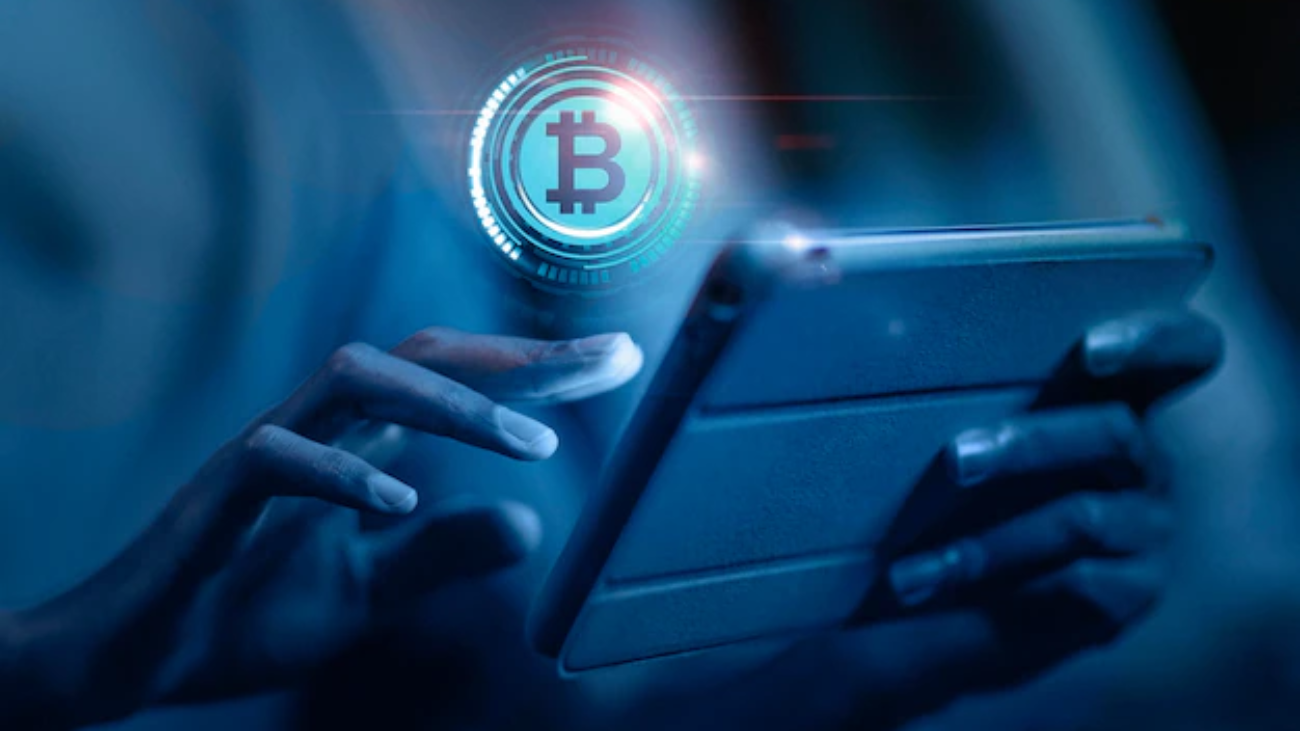The blockchain market worldwide has been showing no signs of stopping at any cost with many new advancements making a way into the space every day. Up until a year ago, none of us knew what NFTs are. Today, the whole world cannot stop raving about how good NFTs are and how they are the digital assets of the future.
The blockchain landscape has come a long way from the simple foundations of cryptocurrency to a broad collection of decentralized applications. A blockchain expert can tap into the career opportunities in the blockchain space right now with their knowledge of new and innovative technologies. The following discussion helps you find the ideal career path for blockchain experts along with the specific practices to strengthen your career development objectives.
Who is a Blockchain Expert?
If you are here looking for a blockchain expert certification, then you must have learned about the popularity of blockchain. In addition, you must have come across top trends of blockchain technology, which have gained unparalleled attention in recent times. The blockchain expert is basically an individual with expertise in almost everything related to blockchain, including the new and trending topics. For example, blockchain experts would not only know what cryptography is and how it works in blockchain but also have in-depth expertise on Zero Knowledge Proofs. How can blockchain experts be helpful for any enterprise?
Roles and Responsibilities of Blockchain Experts
The pursuit of a certified blockchain expert credential can be futile without an overview of the roles and responsibilities of blockchain experts. You cannot start walking on a random path for becoming certified blockchain experts without any idea of what you will do finally in your job. The role of blockchain experts in an organization largely revolves around developing the efficiency of blockchain-based projects and applications. Blockchain experts can leverage their fluency in all topics related to blockchain for guiding the company with important strategic decisions. The work of blockchain experts also focuses a lot on assessment of an organizations blockchain training and awareness needs for facilitating blockchain transformation.
Skills Required for Blockchain Experts
Any individual seeking the best resources to learn about blockchain can become an expert in blockchain. Many people aspiring to become blockchain experts often end up with questions regarding the skills required for the same. However, the term ‘expert’ says a lot about itself, as you would have to learn almost everything related to blockchain. Therefore, any individual who wants to become a blockchain expert must have the following important skills.
- Knowledge of programming languages and blockchain development.
- The ability for designing and selecting components for blockchain-based solutions.
- Fluent understanding of all crucial traits of blockchain technology.
- Comprehensive skills in understanding and explaining the use cases of blockchain.
- Skills in using enterprise blockchain tools and systems.
Best Career Path for Blockchain Experts
The roles and responsibilities, as well as skill requirements for blockchain experts, show that they have to invest a considerable amount of effort. However, you cannot move ahead blindly in your path towards developing your expertise in blockchain. Blockchain experts should look for a credible career path, which can help them learn all the skills and concepts required for experts. Rather than searching here are there, you should try focusing your attention on specific topics which can build your reputation as a blockchain expert.
One of the best resources for blockchain learning to become experts would point to the Algowiz career paths for blockchain experts. The career path is available exclusively with the Membership Plan of Algowiz and offers six different courses. Spanning a duration of over 14 hours and almost more than 100 lessons, Algowiz offers a proven career path for strengthening your blockchain expertise in new concepts.
Ideal Concepts for Blockchain Experts
Are you planning to search for a blockchain expert course that can help you become an expert in blockchain concepts? Interestingly, you can come across many training courses and certifications which claim that they can make you blockchain experts. However, it is also important to take note of the massive breadth of concepts in the blockchain and crypto space. At the same time, the whole world witnesses new concepts in the blockchain ecosystem every day. For example, NFTs and DeFi have created quite an uproar in 2021. Any individual aspiring to become a blockchain expert would have to learn about these concepts. On the other hand, you also need all-around expertise in other important aspects of blockchain for strengthening your expertise. For example, a blockchain expert doesn’t count as an expert if they know all about NFTs but nothing about the fundamentals of Ethereum.
The journey of becoming blockchain experts can be quite difficult for anyone trying to explore new avenues for career development in blockchain-based roles. Have you been working in a specific blockchain-based job role? Do you want to expand the possibilities for jobs in other sectors in blockchain-related roles? Here is an outline of the essential concepts you should learn for becoming blockchain experts.
- Enterprise Blockchain Basics
The obvious necessity for any individual preparing for a blockchain certification on advanced blockchain concepts points at the basics. Without the fundamentals, you cannot begin your journey of preparing for specific blockchain training courses or certifications. Interestingly, the basics of blockchain can help you create the ideal foundation for building your expertise in advanced blockchain concepts and trends. Basics of blockchain such as traits and the use cases of blockchain along with the potential of blockchain for transforming the world can empower aspiring blockchain experts with knowledge.
- DeFi Fundamentals
If there is one big trend in the world of blockchain in recent times, it is DeFi or decentralized finance. Any individual seeking ways to become a certified blockchain expert must pay special attention to the importance of DeFi. Decentralized finance has evolved as a distinct ecosystem of its own with the advantages of replacing the centralized structure in conventional financial systems. It has been successfully implemented in many platforms with use cases in borrowing or lending as well as funding new web3 projects. You can build your identity as a true blockchain expert in 2022 only if you have a clear understanding of DeFi. Most important of all, you must know about the specific ways in which DeFi influences the crypto and blockchain landscape alongside the broader financial services ecosystem.
Interestingly, the facility of fundamental courses on DeFi with blockchain expert career path on Algowiz lets you hone your DeFi knowledge. You can learn about the significance of DeFi along with the practical example to support your understanding.
- Stablecoins
Once you are done with DeFi, you would need the best resources to learn about blockchain concepts like stablecoins. Cryptocurrencies are one of the basic highlights of blockchain technology as they are the first use cases of the technology. Interestingly, the arrival of stablecoins offered a solid alternative to the volatile cryptocurrencies and empowered new reasons for adopting crypto. Most important of all, stablecoins also serve as a vital component in the modern crypto markets. Stablecoins have a significant stake in the emerging DeFi ecosystems, especially for creating liquidity pools. As a blockchain expert, you must learn about stablecoins and how their features separate them from fiat currencies and cryptocurrencies. You can also dive deeper into insights on the potential of stablecoins for modifying the scope and applications of traditional financial services.
- NFT Fundamentals
If you find blockchain experts without any idea regarding NFTs, you are most likely to rule them out as scammers. However, the best resources for blockchain learning have been focused more on a new class of assets i.e. NFTs. Non-fungible tokens or NFTs are a revolutionary intervention in the field of crypto and blockchain technology. They serve as unique proof of ownership for specific assets on the blockchain technology.
Non-fungible tokens soared to popularity in 2021 with multi-million dollar sales of NFTs making news all over the world. For example, a piece of artwork sold for $69 million as an NFT. Furthermore, a meme sold for almost $4 million as an NFT. Based on the foundations of blockchain technology, NFTs are a revolutionary intervention in the modern web3 landscape. As a matter of fact, any blockchain expert certification complemented with knowledge of NFTs can provide proof of blockchain expertise.
Non-fungible tokens have been making news in the media for celebrity involvement. In addition, blockchain experts without knowledge of NFTs are most likely to be left out. The blockchain expert career path on Algowiz is a credible instrument for accessing a NFT fundamentals course. You can use the course for learning about the basics of NFTs. You can also learn how NFTs can impose radical transformative changes in the economy.
- Fundamentals of Bitcoin Technology
Blockchain experts must also have in-depth fluency in the basics of Bitcoin technology. Bitcoin is one of the significant highlights in any blockchain certification course for experts, especially considering its identity. As the first cryptocurrency, Bitcoin is the benchmark for many professionals entering the crypto space. Therefore, you must work on building your expertise in Bitcoin with an in-depth understanding of its influence on the financial sector. The career path for blockchain experts on Algowiz delivers a conclusive answer. You can use the fundamentals course on the fundamentals of Bitcoin technology to improve your blockchain expertise effortlessly.
- Central Bank Digital Currency (CBDC)
The final and most important aspect of the skills outlined in a blockchain expert course would point at CBDCs. Blockchain experts need all-around expertise in almost every concept pertaining to blockchain technology. Therefore, it is practically impossible to ignore Central Bank Digital Currencies or CBDC, an important example of blockchain applications. As a matter of fact, CBDCs can open up the path for large-scale mainstream adoption of cryptocurrencies and blockchain technology. A detailed overview of the basic and advanced concepts for central bank digital currencies can help you improve CBDC expertise.
- Prove Your Blockchain Expertise
The best method to prove your blockchain expertise would obviously focus on choosing a suitable certification. As a matter of fact, certifications offer complementary advantages for completing the career path tailored for blockchain experts. How? You can prove that you have completed all the courses in the career path for blockchain experts on Algowiz. At the same time, you can gain the credential of a certified blockchain expert from reliable certification and training providers.

